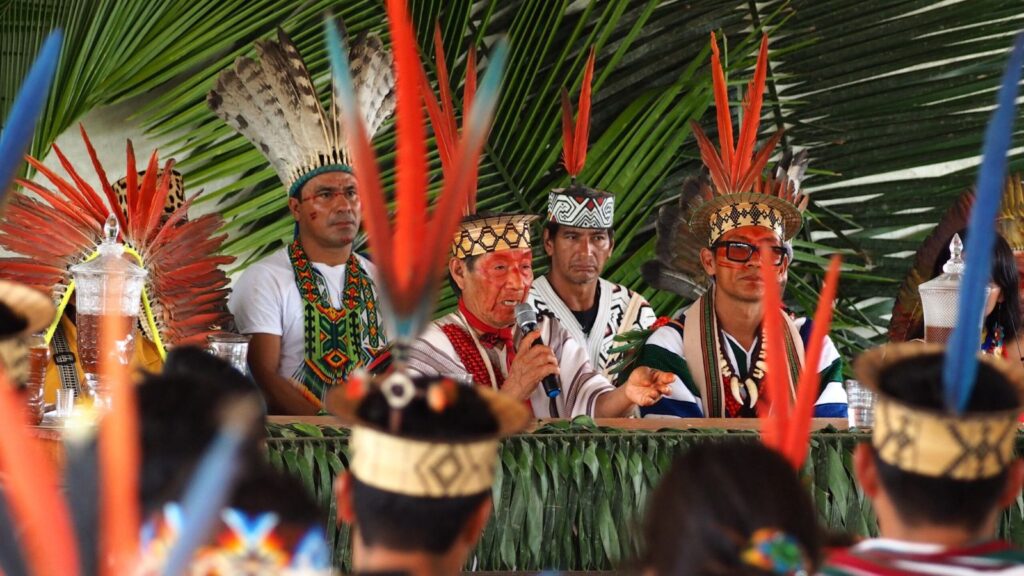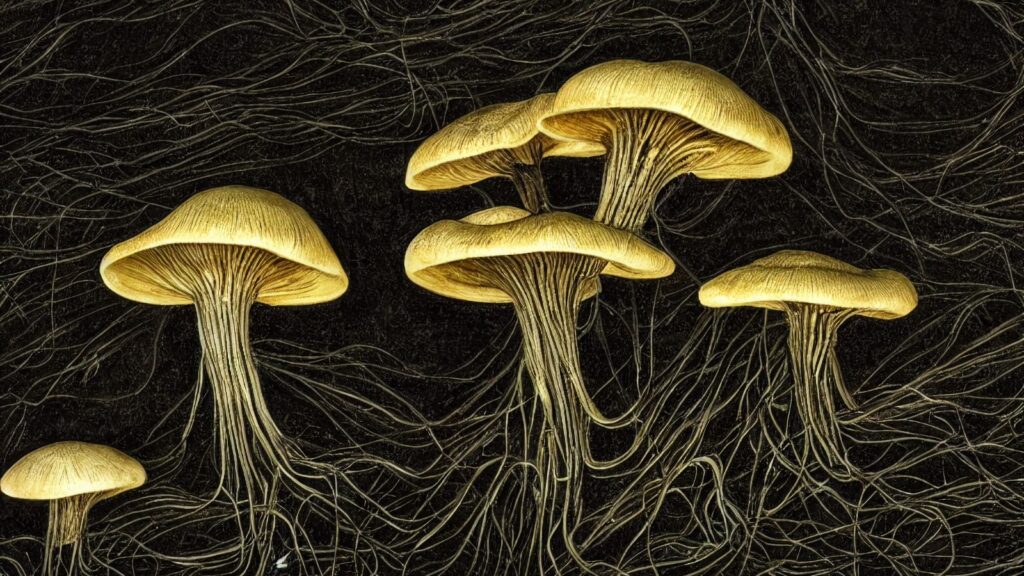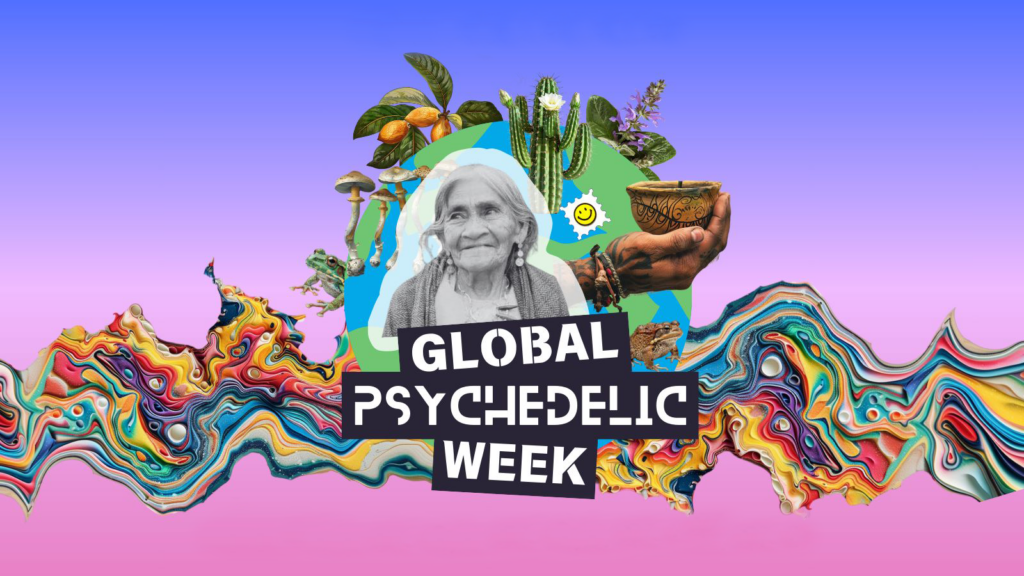With a recent book launch, and being in the midst of film production, Michael John Chaplin Michael John Chaplin, the son of Hollywood’s beloved Charlie, has kept a full artistic plate this past year. What sets Chaplin’s recent projects apart are their inherent spiritual and esoteric dimensions.
Chaplin’s upcoming documentary, The Caravan’s Trail, digs deep into Charlie’s recently discovered Gypsy heritage. The ethnic population commonly referred to as “Gypsies” have an ancient, enigmatic history, including links to Southern France’s Mary Magdalene traditions, ancient Egypt, and legendary roots tracing back to ancient India.
Southern France’s “heretical” backstory emerges again in Chaplin’s recent novel, A Fallen God. Drawing from the medieval tale Tristan and Isolt, Chaplin unveils a karmic drama set during the Catholic Church’s crusade against the Cathars. A Fallen God subtly reveals occult teachings in reincarnation, root energy, astrology and destiny.
In this exclusive interview, famed actor, screenwriter and political activist Peter Coyote talks with Michael Chaplin about A Fallen God.
Peter: Michael, as I read this story, I see its major themes as the relationships of power – personal and political, and the power of authenticity. Would you say that’s a fair read?
Michael: Yes Peter, I would definitely agree with you. What I was trying to show in my book was that this political force is the serpent, the devouring fire that has substituted itself, has taken the place of another force, the suprapersonal force.
It seems to me that with politics, the community you are serving becomes an extension of yourself, of your desires and wishes, even of your petty needs in the end. To pass from the personal into the political is not a real transition. You are still arguing your own case, defending your own beliefs.
But when you go from the personal into the transpersonal you are really entering into another aspect of reality. You are actually being taken over by another force, another power. Your petty desires and concerns no longer have a hold on you because you are suddenly seized by something much vaster that has a will of its own.
The political power offers you the illusion that you have really made some kind of move away from the personal power while allowing you at the same time to remain exactly as you are. Authenticity is the bridge that must be crossed if we really want to change and enter another aspect of reality. But I think you know all this better than I do.
It’s a tricky piece of work to make the protagonist of your book in some way the most challenged, the least authentic, and the least for a period, perhaps despised by this charismatic and alluring wife. Why did you choose to do this?
Because there is a general law belonging to popular wisdom which states that people don’t change. We come into this world with, or acquire early on, a certain amount of inner baggage that determines who we are, and we will remain that same person throughout our lives. In fact there seems to be a force in nature that wants us to remain the way we are and will vigorously fight all our attempts to be otherwise. It seems that for as long as we remain in the grip of our personal power we are food for this devouring fire that is caught up in a mad rush forward through time, trapped in the absurd necessity of having to reproduce itself faster than its insatiable appetite can eat its way through the fruits born of its loins.
But people do change. It happens all the time, but they tend to be the exception that proves the rule. They are the ones who have been touched by another force, another power that also plays its part in the way our world moves forward. This is a mysterious, very subtle force that I would be unable to define, but in the prologue of my novel, Marc refers to it as the Holy Spirit, though it has many other names.
Mark is weak, cowardly and very jealous, though he has been able to hide this sad truth from himself with more or less success. (I chose this character as the protagonist of my novel because he is someone I know very well, even intimately, too intimately I would add.) And when he meets Isolt, it seems that he is able to bluff her as well at first, until she begins to see through him, and he is forced on the long painful journey of discovering what , in the words of Jung is, 'the myth that is informing his life’. I wanted to write about this journey, this road that leads to ‘change’.
Both Isolt and Tristan are presented as nearly god-like, almost as eternal forces, contemptuous of the threats and assaults around them. In this sense they are contrasted against the all-too human suffering of Marc and the omni-presence of his self-doubt and weakness. Am I reading too much into this? Would you agree with this assessment?
Tristan is a Hero in the archetypal sense of the word, and like all ‘heroes,’ his actions and deeds have a direct link to events that already have, or are, taking place in the heavens. This is why heroes often bring something new into the world. And because of this cosmic (para) aspect of his life other men will try to follow and imitate him.
And yes, this does place him in contrast to Marc, who even says in the last chapter of my book, in a moment of near-delirious clarity that the seed ‘Tristan’ when it fell onto him (Marc’s) soul, fell on barren ground and could not grow roots there, but that when this same seed fell on Tristan’s soul, it had found a fertile land where it could sink its roots and grow into a powerful tree.
As for Isolt, it becomes clear that after she has given herself to Tristan, another side of her that she has kept buried inside her had now moved to the forefront of her being. And this other side of her was not concerned anymore with such banalities as personal comfort, security and social status and niceties. She realized that when she gave herself to Tristan, she had also given herself, surrendered her soul, to another reality, the suprapersonal aspect of reality (sukshma).
Her former desires and fears were no longer a priority in her heart. Something else had taken their place, something she simply called ‘life’. Where she could see life, there she would go, and where she could not see life was a place she would walk away from.
This places her also very much in contrast to Marc, whose mother, on her death bed, said to him: ‘To be alive is to be damned.’ Words spoken out of her frustration at her son’s cowardice in facing up to life.
There is an extremely ambiguous relationship between Ogrin, the father of Isolt and his daughter. We are offered contradictory narratives for their estrangement and because this is such an important element of the story I wanted to ask why.
Isolt was the greatest challenge for me when I was writing this book. Why, for a start, did she allow herself to be seduced by Marc? And why did she return to him after her love affair with Tristan, the man who was able to set ablaze the fierce passion that was simmering inside her?
By her own standards ‘life’ clearly belonged with Tristan. Their love affair was filled with an intensity that can only be reached when life is stretched to its farthest limits.
So why did she go back to Marc?
Isolt was not able to give a satisfactory answer to this question. However hard she tried to explain her actions to herself, there remained an area of doubt, a dark blur in her heart from where a voice had spoken to her urging her to return to her husband. And whose voice was it that pushed her to abandon the man with whom she had reached the freedom to be the person she really was? Whose voice was it that was asking her to give up that state of bliss and return to the dreary banality of her life with Marc.
I was well on the way to having finished the first draft of my novel when a dark area of doubt had also begun to appear in my own heart because of this question. I felt that I had not been able to find a satisfactory answer to it and that somehow, without my wanting it to, it had become the central mystery at the heart of my novel.
It was Marc’s fault I thought. He had somehow managed to highjack the plot of my novel and make it revolve around this question of why Isolt had returned to him, hoping to find an answer that would soothe his pain and bolster his ego enough so that he could look at himself once again without cringing. And now, because of him, my novel seemed to be slipping away from me.
It was only after writing and rewriting countless different versions of the end of my book that finally I turned in desperation to Ogrin, thinking that maybe he could provide some kind of answer for me.
I had introduced Ogrin into the story I was writing as a sort of Merlin type character, half demon, half saint, who both Tristan and Marc visited for counsel and for advice. So why shouldn’t I, as author of the book, consult him to see if he couldn’t help me as well?
It was with this silly thought that another thought descended on me like a hammer onto my skull, shaking me out of my sleep: Maybe this strange obscure character, Ogrin, was in fact Isolt’s father. Up until then her father was a menacing shadow that existed off stage, so to speak, and I had intended to keep him there and not to allow him to enter in flesh and blood into the action of my novel. But now that I could see that Ogrin was really Isolt’s father, that he had somehow managed to insinuate himself into my story wearing this suspicious half carpet merchant half astrologer disguise, it seemed that a door had been opened, leading into another occult reality that had been hiding behind the surface of the story I had been telling.
This came to me as a revelation, something I had not anticipated or planned for when I started writing this novel. And there I was now standing on the threshold of another aspect of reality called the metaphysical, (para).
I had read about this ‘para’ years ago in a book about tantric philosophy. It was one of the three aspects of reality. It was at the time just something I read without giving it such thought except that I could vaguely see the usefulness of being able to distinguish between the first two aspects, the sthula (the personal) and the sukshma (the suprapersonal). But the third aspect, the para (the metaphysical), I could not find any possible usefulness to it and dropped trying to understand it.
And now, all these years later, it seemed to me that these three aspects of reality had come back to reveal themselves to me in all their fullness through the entanglements binding the main characters featured in my novel and the drama into which they had drawn me.
When Isolt had fallen in love with Tristan, she had entered into another aspect of reality, the suprapersonal (sukshma), and it was clear that to someone like Marc who was still trapped in the personal aspect of reality (sthula), her behavior would be perceived as painful, outrageous and frightening.
Someone trapped in the sthula is trapped in his mind, and someone who has entered the sukshma is someone who has descended into their heart. To someone trapped in their mind, this descent into the heart will always seem painful and dangerous. But if he can find and identify himself with the myth that describes this descent into the abyss (the para aspect of reality), then he may understand the importance of this descent and find the courage to attempt it.
To cut a long story short, Isolt came back to Marc because she wanted him to love her such as she was. To Marc, this was impossible. She was asking him to die! So Ogrin provided him with the myth that showed that to love her that way would not mean dying, but simply jumping through death into another larger reality outside the prison he had built for himself.
But only Ogrin who had stumbled down the road leading to the dark mystery buried at the center of his daughter’s heart could give this knowledge to him.
Simon de Monfort is an extremely interesting character. First presented as unrelentingly vicious, but actually moved by Marc’s candor and some common humanity. It’s something of a tour de force that you could swing our opinion of him 180 degrees so deftly. How do you think of him?
I must confess that I did only a little bit of research on Simon de Montfort. To those who wrote about him who showed sympathy for the Cathar heresy, he was a monster who ravaged and decimated the population of a whole region of France, destroying its culture and murdering its people. To the fundamentalist Christians who can see only evil beyond the walls sheltering their own creed, Simon de Monfort was a devout Catholic, a brilliant general who had given up his life to God and died for him on the battlefield.
I was lucky enough to chance upon a reproduction of a portrait of him painted I think sometime during the renaissance probably copied from a drawing of him done by a contemporary of his. This happened early on during my research and I stopped trying to find out about him because I felt I already knew him.
In that portrait, in his posture, pushing forth his powerful chest, and in the surprised look in his eyes, you could clearly see an explosive nature and also a lot of contained violence and cruelty ready to strike out. But I could also see something moving in his face, something desperately seeking to be saved from his own sword, as if he carried in his eyes the reflection of all the terror and pain he had caused and was haunted by it.
There is a great deal of philosophy shot through the story, fascinating in its own right, and extremely provocative. Is this a direct product of your imagination and thought or have you been influenced by particular philosophers?
I would like to think that some of the thoughts in my book are my own and that some came from authors that have made a deep impression on my way of seeing the world. But it is well known that we may read something and then forget about it and that several years later it may re-emerge in our consciousness in a slightly different form and we may mistakenly think that this thought that has sprung into our mind is our own. But then it often is, because that thought is brought back through our actions and our choices that have made it relevant to what we are living at the moment, and so in that way it now belongs to us because we have injected our life into it.
It is almost a cruel joke on the reader to have Marc’s illumination occur at the very end of the book, but all tragedy in a sense shows us the high cost of even the smallest insights (I’m thinking of Lear, Hamlet.) Were you never tempted to continue on with the story of Marc after he became fully illuminated?
The high cost of even the smallest insights. You are so right! (I must brush up on my Shakespeare). This is what it is all about. How many miles must be travelled, how many deserts must be crossed, how many buckets of sweat and tears for just half an inch to be traveled inside one’s heart! But then if we close our eyes, that half inch stretches all the way to the stars.
Thank you Peter for asking these questions. Thank you for your insights and your generosity.
Find Michael Chaplin on Facebook, Twitter, and Youtube:
http://facebook.com/michaeljohnchaplin
http://twitter.com/michaeljchaplin
http://www.youtube.com/watch?v=gVNWetrVOCY















